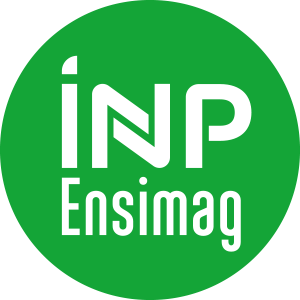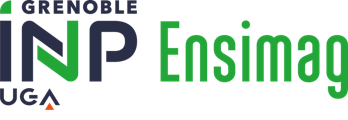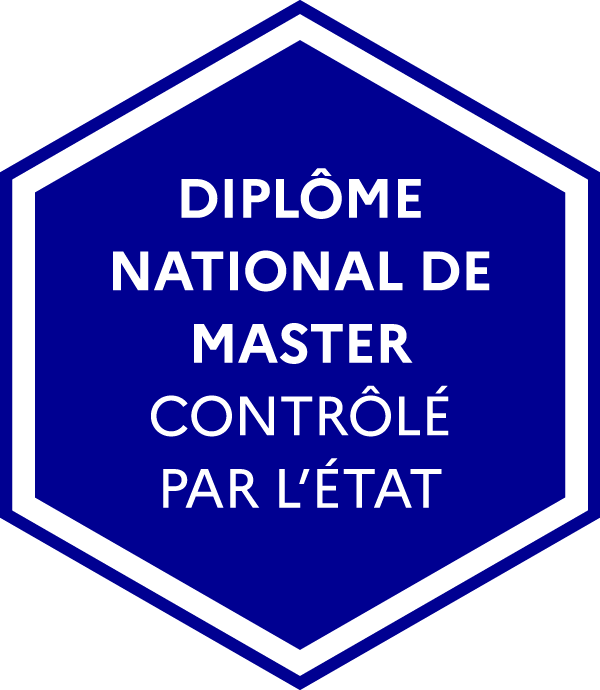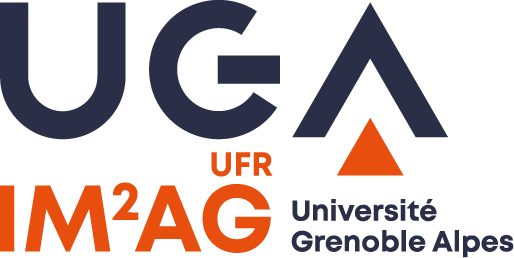Overview
Master
National diploma- Home institution(s) Grenoble INP - Ensimag
- Degree awarded Master
- Graduation year Bac + 5
- Graduation level Level 7
-
Location
- GRENOBLE Campus
- Duration 1 year (2 semesters)
-
Available as
- Initial education
- Continuing education
Summary
Objectives
The Master Program in Operations Research, Combinatorics and Optimization is one of the possible specializations for the second year of the Master of Science in Computer Science (semesters 3 and 4). The courses are taught in English.
Modeling and optimizing complex systems play a major role in addressing current social and economic challenges such as integration of sustainable issues in organizations and industrial systems, efficiency and viability of territorial organizations, competitiveness and innovation of companies, etc. As a result, Operations Research, Combinatorics and Optimization are very active areas of research both in R&D labs and in the academic world. In Grenoble, in particular, several teams of researchers from UGA, Grenoble INP, CNRS and INRIA are recognized worldwide for their work in these fields. The methods and tools of the field range from Applied Mathematics to Computer Science and skills in these areas are required to develop advanced solutions. This master program offers a high level training on methods and tools in Operations Research, Combinatorics and Optimization for data driven decision making. It aims at preparing students to actively contribute to the development of the field, both in academia and in industry.
Scientific Objectives
• Study of advanced and efficient methods and tools of Operations Research, Combinatorics and Optimization (Mathematical Programming, Graph Theory, Complexity Theory, Stochastic Programming, Heuristics, Approximation Algorithms, Robust Optimization, etc.)
• Emphasis on the use of these methods to implement efficient solution techniques for complex industrial applications (in supply chain management, scheduling, transport, etc.)
• Preparation for research positions (in industry and academia)
Specificities
Fully taught in English
-
Training partners
Laboratories- LIG
- LJK
- TIMA
- VERIMAG
- GIPSA
- G-SCOP
- IF
- G2ELAB
Companies- Université Grenoble Alpes
- CEA
- INRIA
- CNRS
- EDF
- Probayes
- Schneider Electric
- Artélys
- Hexaly
- Alma SCOP
- ST Microelectronics
- ...
Admission
- Who should apply? Bac + 4
- required training
- Tuition fees Registration fees for initial training: public university fees (more information on the "Apply now" section)
-
Available as :
- Initial education
- Continuing education
Entry requirements
Important notes
-
Students from related backgrounds (physics, computer science, engineering…) may also apply provided they possess outstanding mathematical qualifications and are highly motivated by applications.
-
Eligibility: only individuals who have an excellent academic record will be considered. Applications from students from traditionally underrepresented groups are particularly encouraged.
-
Academic standing: Fellows must maintain full-time status in the Master’s program, and must be engaged in full-time coursework or research during the academic year (september 1st–July 31st).
Language requirements
-
Students are required to provide evidence of competence in English, mainly from tests validated with a B2 level. The accepted tests and scores are listed on our admission webpage.
Apply now
Program
- Course duration 1 year (2 semesters)
- Internships mandatory/abroad
Program
- Advanced Models and Methods in Operations Research
- Combinatorial Optimization and Graph Theory
- Optimization under uncertainty
- Logistic and Transport
- Advanced heuristic and approximation algorithms
- Advanced mathematical programming methods
- Efficient methods in optimization
- Academic and industrial challenges
- Parallel Systems
- and an elective course in the computer training or in the applied math training
International
- Language of instruction English
- Internship abroad Yes
- Erasmus areas Mathematics, Computer science
Prospects
- Graduation year Bac + 5
- Graduation level Level 7
Careers
- Research careers (academic or industrial thesis)
- Join large optimization R&D departments (SNCF, IBM, Air France, Amadeus etc.) or optimization consultancies (Eurodécision, Artelys etc.) as a specialist engineer.
Further learning opportunities
Depending on the nature of their practicum, students may wish to pursue research in a doctoral thesis.





